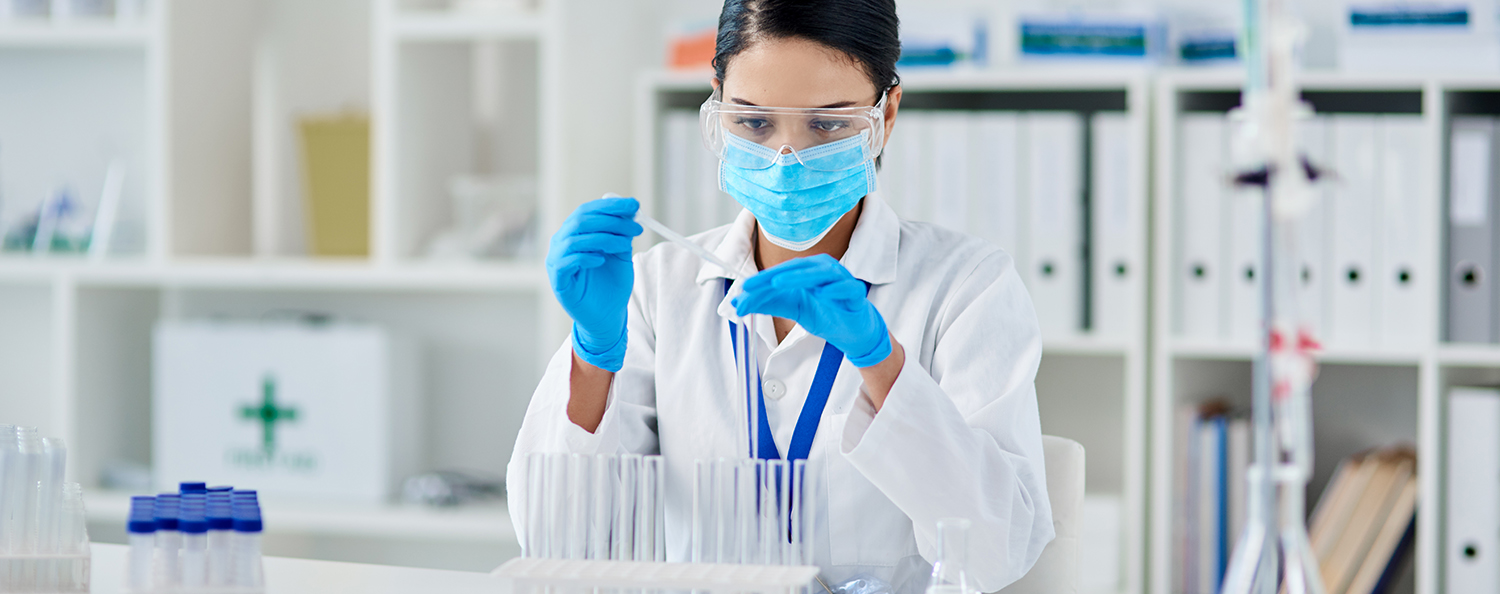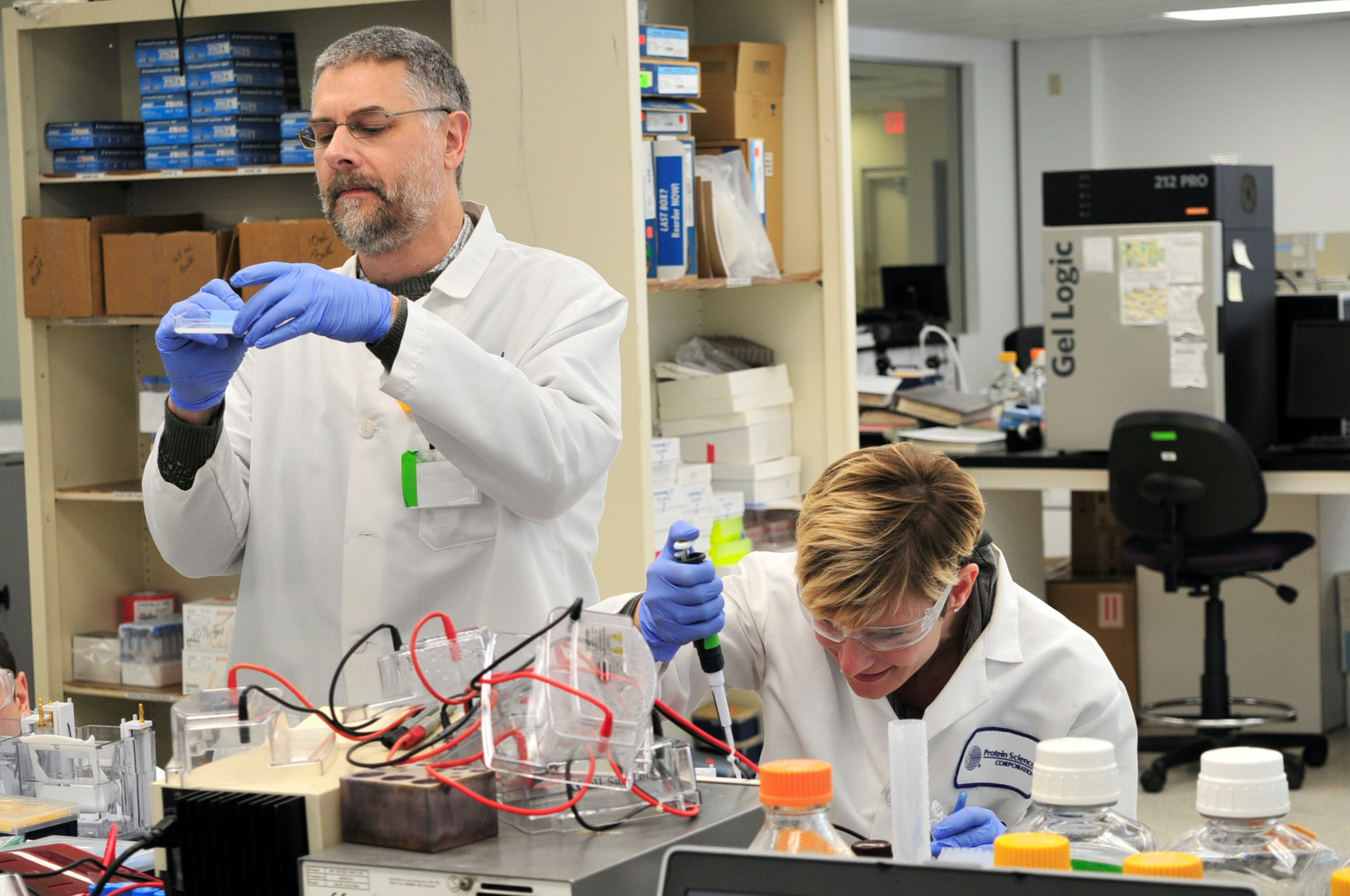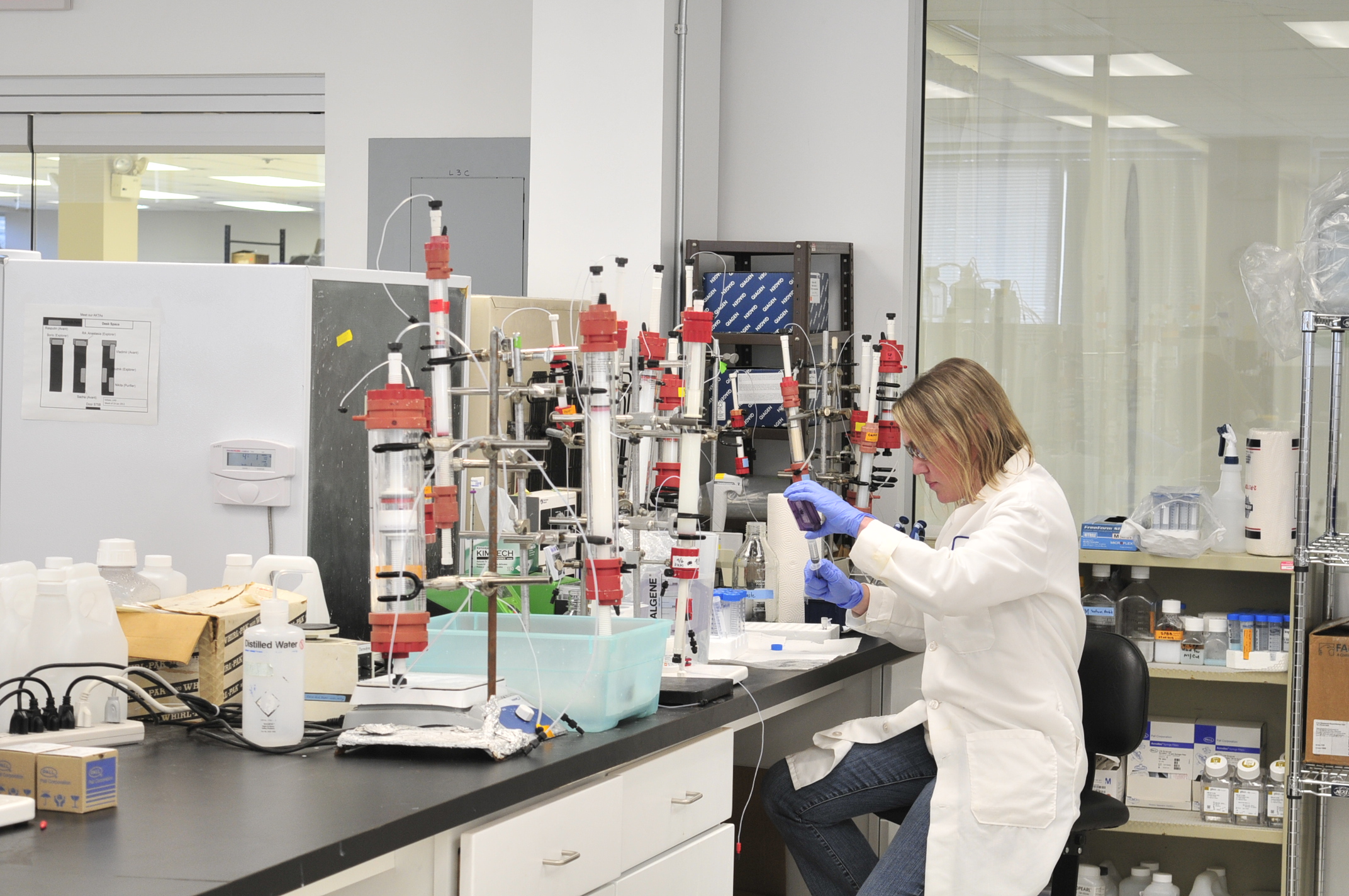The biopharmaceutical ecosystem has long relied on a framework of partnerships among the government, academia and private sector to research and develop new medicines. In recent months, these partnerships, many among biopharmaceutical companies directly, have become crucial to the fight against COVID-19.
In early 2020, as details began to roll in about the severity of the novel coronavirus, scientists at Sanofi quickly realized the urgent need for action. By February, the biopharmaceutical company announced its intention to identify and develop a COVID-19 vaccine, building on previous experience with influenza and earlier work amid the 2002-03 SARS epidemic. As one of the top vaccine producers in the world, Sanofi has invested heavily in technology to improve its vaccine manufacturing capabilities, as well as its ability to advance clinical studies. Even so, leadership felt the public health need was too great for the company to tackle vaccine development on its own.
In addition to working internally to advance a vaccine candidate, Sanofi has joined forces with outside public and private organizations to accelerate the R&D process, including a partnership with the U.S. Biomedical Advanced Research and Development Authority (BARDA), and collaborative private sector partnerships with GlaxoSmithKline (GSK) and Translate Bio. The level of collaboration throughout the biopharmaceutical ecosystem in recent months is “unprecedented” according to Clem Lewin, associate vice president R&D strategy at Sanofi.
“Collaboration is nothing new to the industry, but amid COVID-19, the intensity of these partnerships has increased to a point we’ve never experienced before,” Lewin said. “Everyone recognizes the need to have a vaccine as quickly as possible, and we’re all operating from this sense of urgency to move things forward.”




